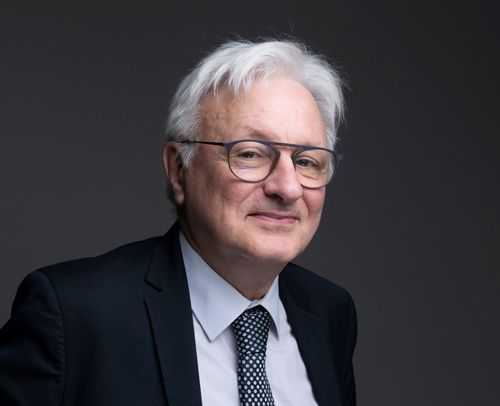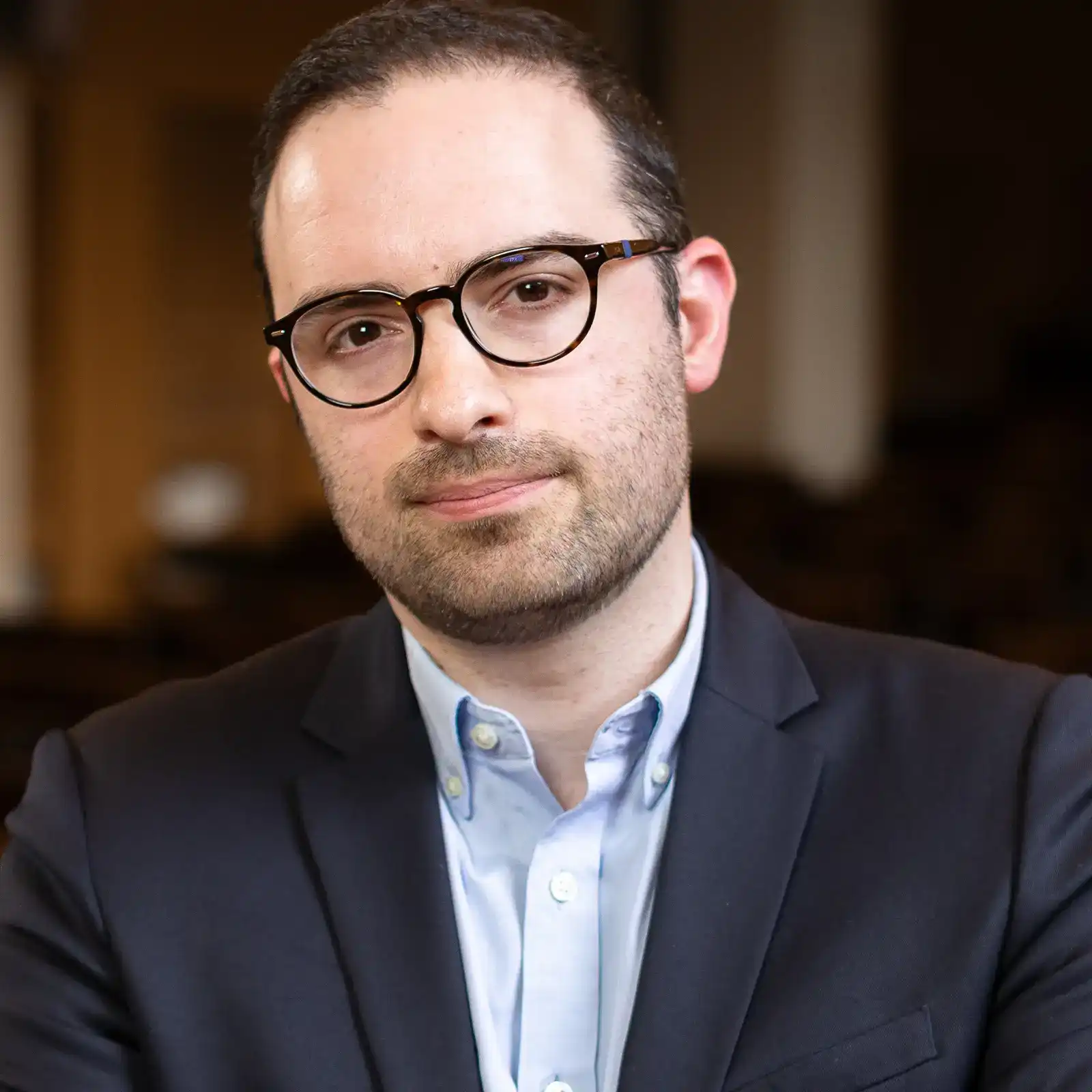
Home>Programmes for individuals>Short Programmes>Politics and Policy in Emerging Countries
Politics and Policy in Emerging Countries
In a rapidly evolving global landscape, the concept of "emergence" has become a focal point for understanding the dynamic interplay between economic growth, political structures, and societal transformation. This programme delves into the multifaceted nature of emergence, exploring its conditions, trajectories, and implications through diverse analytical lenses and a series of in-depth geographic case studies. These cases span diverse regions, allowing participants to examine real-world examples of emergence while integrating a cross-cutting thematic approach to uncover broader patterns and lessons.
By examining emergence from political economy, comparative geopolitical, international relations and policy-making perspectives, participants will gain critical insights into how emerging countries shape and are shaped by global governance. Furthermore, the program investigates the unique policy challenges faced by these nations and the strategic approaches they employ to navigate their ascent on the global stage.
Overview
Intended Participants
Mid- and senior-level managers with a minimum of 5 years of professional experience in the public or private sector
Objectives
- Understand the conditions and different strategies for development in emerging countries
- Identify the variety of geopolitical situations, policy challenges and policy-making in a series of key emerging countries
- Anticipate the economic, political, and cultural impact of emerging countries on international relations and global governance
- Develop participants’ skills in policy-making and public affairs in or in relation to emerging countries
Programme
Participants will engage with the following topics during the training sessions:
- What defines emergence?
- What are the conditions for growth and development?
- What strategies are emerging countries pursuing?
- How is this changing the global economy?
- How are emerging countries influencing and shaping international relations in the 21st century?
- How do they impact the distribution and asymmetries of power along the North-South and East-West divides?
- How do emerging powers challenge traditional hierarchies in global governance?
The training combines a geographical and thematic approach by exploring key emerging countries through the specific challenges they face, for example, the oil curse in Nigeria or the energy transition in South Africa.
- Can we distinguish between different models or patterns of Emergence, and what are their respective policy challenges?
- What are the roles of political and social institutions in fostering or hindering Emergence?
- What are the specificities of policymaking in emerging countries? What are their major challenges and how do they address them?
Participants will explore themes including time, space, individualism vs collectivism, work, authority, and communication. Case-based discussions and shared experiences will foster reflection on cultural differences and conflict management.
- Comprehensive understanding of emerging countries: gain insights into economic, political, and social dynamics shaping their development.
- Policy-making and strategic skills: develop abilities in public affairs, governance, and decision-making in complex environments.
- Expert-led learning: benefit from lectures and masterclasses by leading academics and researchers in political science and international relations.
- Practical, case-based approach: apply concepts through real-world examples from key emerging countries.
- Intercultural management and soft skills: participate in a dedicated workshop exploring cultural differences, conflict management, and effective collaboration across diverse contexts.
Teaching Staff

Richard Balme
Director of Sciences Po’s Centre for International Studies (CERI).

Jérôme Sgard
Laurence Louër

Christophe Jaffrelot
Practical Information
- Duration: 5 days (40 hours)
- Our courses can be adapted to accommodate various accessibility requirements. Please do not hesitate to contact us to discuss any necessary adjustments
Pedagogical Approach
- Training alternates between short lectures, masterclasses and workshops.
- Training materials provided.
Admission Requirements
- Advanced command of the English language, both spoken and written.
Next Start Date(s)
June 22, 2026
Paris Campus
Duration
5 day(s)
40 hours
cost
€5,500
Contact
Dimitri Grammaticopoulos
Programme Advisor
+ 33 (0)6 62 46 71 96 | dimitri.grammaticopoulos@sciencespo.fr
Contact by email



